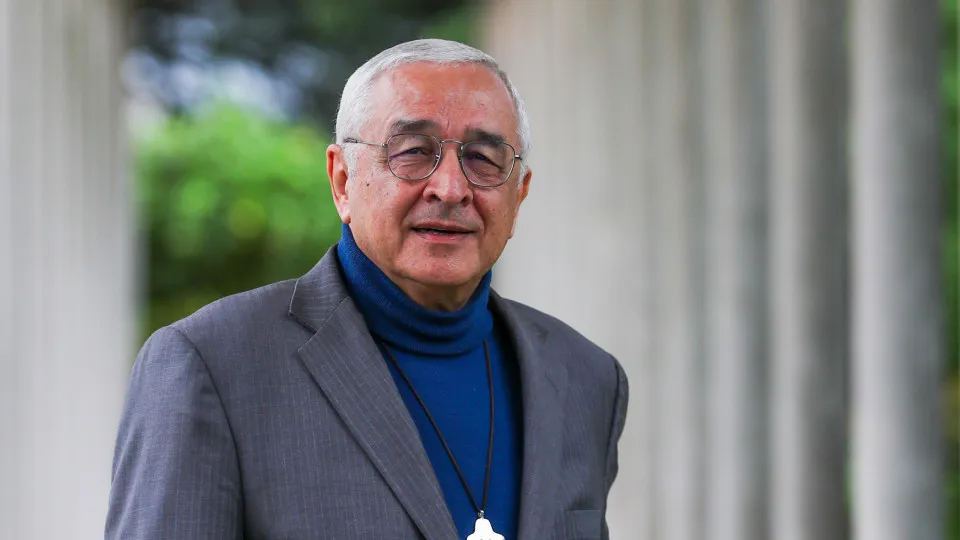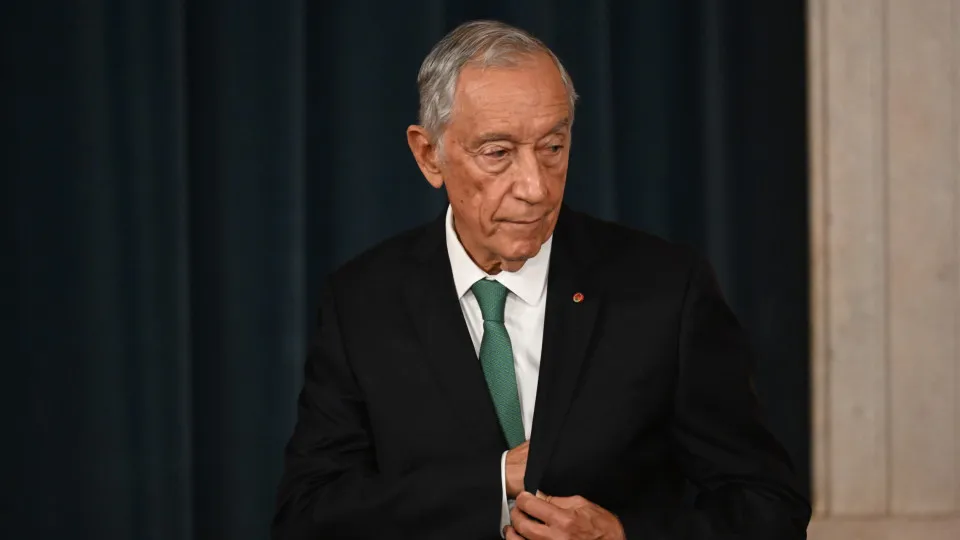
“A migrant is a brother, not a threat,” stated the president of the Portuguese Episcopal Conference (CEP), José Ornelas, in Fátima, during the opening of the Portuguese bishops’ general meeting, which continues until Thursday.
According to José Ornelas, also the bishop of the Diocese of Leiria-Fátima, the Church is aware “of the impact that the increase in the number of migrants brings to Portuguese society,” noting that it challenges the ability to welcome and integrate but also presents “an opportunity” to build “a more just, fraternal, and supportive society, where no one is excluded or discarded.”
The prelate announced the organization of the “Migration Forum” in Fátima on Saturday, aimed at “raising awareness and training communities about the migration phenomenon and contributing to the reflection on this topic in the Church and society in general.”
The meeting is targeted at bishops, participants from dioceses involved with migration dynamics, national CEP organizations, and religious congregations working in this area, he added.
Earlier, the CEP president mentioned that “Portugal continues to face various social challenges,” listing “the economic difficulties of many families, social inequalities, the difficult access to housing, pressure on health services, and the migration phenomenon” as some examples, “exacerbated by sometimes polarized discourses and extremist ideologies.”
“We are living in times where fear, distrust, and aggressiveness seem to take the place of reason and dialogue,” emphasized José Ornelas, highlighting that “no human project can be built on division, insult, and hatred.”
For José Ornelas, “a nation flourishes only when each citizen sees in the other a brother and not an enemy,” calling for the rejection of “easy words that promise quick solutions but that fuel resentment and destroy bridges.”
“The Christian path is demanding, that of listening, truth, and concrete fraternity,” he noted.
In his opening speech, the bishop also referred to the “period of renewal of democratic structures” in the country, following the legislative elections in May, local elections last month, and the upcoming presidential elections in January.
“It is urgent that the men and women serving in politics seek more consensus, truly commit to the common good, and strive to ensure social peace, dignity, and justice,” declared the president of the CEP.
The agenda of the 212th Plenary Assembly of the CEP includes the synodal reflection on seminaries, the synodal process, financial compensation for victims of sexual crimes in the Church, or the reorganization of episcopal commissions.




